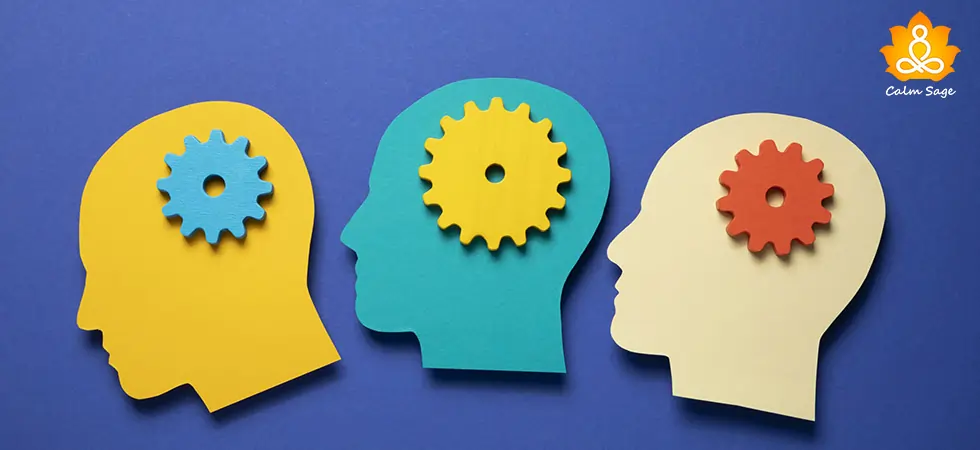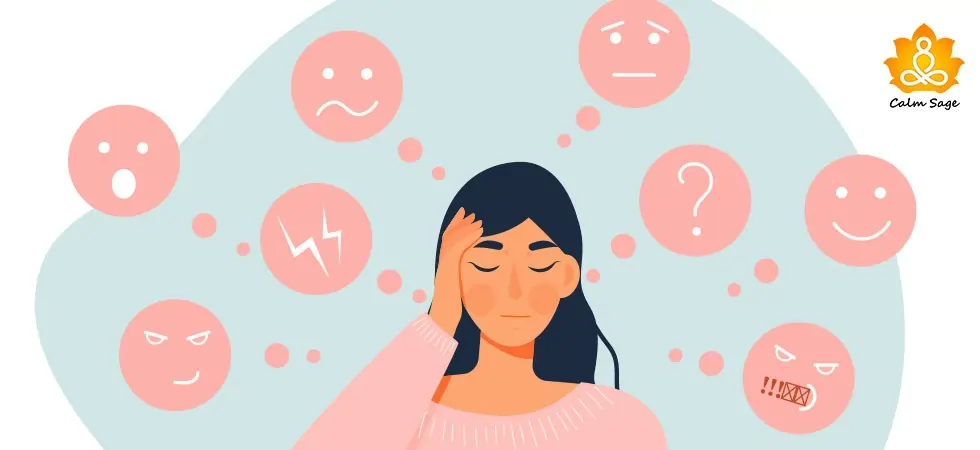Mini-Guide: Dependent Personality Disorder

It’s a fact that someone’s personality is based on the way they think, feel and behave. When there is a presence of any type of mental health issue, it starts affecting their way of thinking, feeling, and behaving. Such disorders are named personality disorders and dependent personality disorder is one of them.
According to psychology, Dependent personality disorder (DPD) is a type of personality disorder with anxiety. People with DPD feel submissive, helpless, and unable to care for themselves. They also experience issues in making even simple decisions for them. This type of personality disorder usually takes its roots in childhood or early adulthood.
People who experience DPD feel an overwhelming need to be taken care of by others emotionally and physically. You can also relate this personality disorder to being clingy or needy. Such people believe that they are not able to take care of themselves therefore, they depend on others.
Consecutively, it causes issues in their everyday life. The constant need for reassurance makes this disorder difficult to handle however; it can be managed with the right approach. This blog will explore symptoms, causes, and more related to dependent personality disorder.
Dependent Personality Disorder in a nutshell…
A dependent personality disorder is a type of anxiety personality disorder that means being overly dependent on other people to fulfil their emotional and physical needs.
Symptoms of Dependent Personality Disorder
Below are some common symptoms of dependent personality disorder that can be seen in anyone experiencing this type of personality disorder?
- Difficulty being alone
- Avoiding personal responsibilities
- Sensitive towards criticism
- Fear of abandonment
- Sense of helplessness
- Pessimistic
- Lack of self-confidence
- Trouble in making decisions for self
- Tendency to fantasize or to be naïve
- Constant need for emotional support, assurance, and advice
- Finding comfort in someone else taking the charge or making decisions
- Being reluctant to try something new or challenging
- Fear of losing approval
Causes of Dependent Personality Disorder
Researchers in this area have not found any specific reason behind the development of dependent personality disorder. However, the researchers believe that this disorder is a mix of environment, development, and genetics. Researchers have linked the causes of dependent personality disorder with the below factors:
1. Abusive relationships
People with a history of abusive relationships are likely to develop a dependent personality disorder.
2. Childhood trauma
Children or teenagers who have experienced child abuse are likely to develop a dependent personality disorder. There are chances that it might also affect children or teenagers who have experienced life-threatening chronic illnesses in childhood.
3. Cultural and religious or family behavior
Some people are also prone to developing this type of personality disorder because of religious or cultural practices which focus on the reliance on their authority.
4. Family history
People with a family history of DPD or other types of anxiety disorder are also prone to developing DPD.
Risk Factors of Dependent Personality Disorder
Below are some of the risk factors that can contribute to developing dependent personality disorder:
- History of being alone or neglected
- History of abusive upbringing
- Experienced abusive relationship
- Gone through overprotective parenting style
- Family history of anxiety disorders
Diagnosis of Dependent Personality Disorder
Dependent personality disorder can only be diagnosed by an experienced and certified mental health professional. The diagnosis is performed on the basis of psychological evaluation. The medical diagnosis process of dependent personality disorder involves:
- Checking medical history
- Taking personality tests
- Conducting a detailed clinical interview
- Performing other psychological tests
- Evaluating personality disorder according to the Diagnostic and Statistical Manual of Mental Disorder (DSM-5)
Treatment of Dependent Personality Disorder
A psychologist or someone who is trained to handle mental health disorders can help you or your loved one in managing this disorder. Below are some effective treatment options for dependent personality disorder:
1. Cognitive Behavioral Therapy
Cognitive behavioral therapy (CBT) is a type of talk therapy (psychotherapy) that will teach you or your loved one ways to handle difficult situations in life. It also replaces negative thoughts with positive thoughts. It is a short-term therapy and is really very effective in treating this disorder.
With the help of CBT, your mental health provider will guide you to increase your self-confidence. In this way, you will be able to become more self-reliant and active. Moreover, the therapist will also talk about looking for positive areas in everything, especially relationships.
The therapist will teach how to form a positive and meaningful relationship along with increased self-confidence. To read more about CBT, refer to Cognitive Behavioral Therapy (CBT)
If you are looking for help online, connect with an expert from BetterHelp, from here.
2. Group Therapy
Group therapy is also an effective and helpful option for changing someone’s patterns to become more independent. People participating in group therapy can take advantage of shared learning, discussions, and experiences.
3. Medications
Your therapist or mental health provider may also provide medications to treat depression or anxiety. Depression medicines like fluoxetine or alprazolam. However, it totally depends on your symptoms.
Self-help strategies for managing Dependent Personality Disorder
Below are some self-help strategies for managing dependent personality disorder on your own along with therapy:
- Practice self-assertiveness skills along with self-sufficiency
- Learn to manage the fears of being alone
- Try to maintain your focus on something creative while being alone
- Learn to practice decision-making
- Try to practice solitude and try to be comfortable in spending time alone
- Learn to express your feelings to your therapist in a productive manner
- Read self-help books
- During anxious times, try meditation or yoga to calm down your negative thoughts
I hope this blog helps you to understand an overview of dependent personality disorder. Comment down and share your views on this type of personality disorder. For more such content, connect with us on all social media platforms.
Thanks for reading!




















